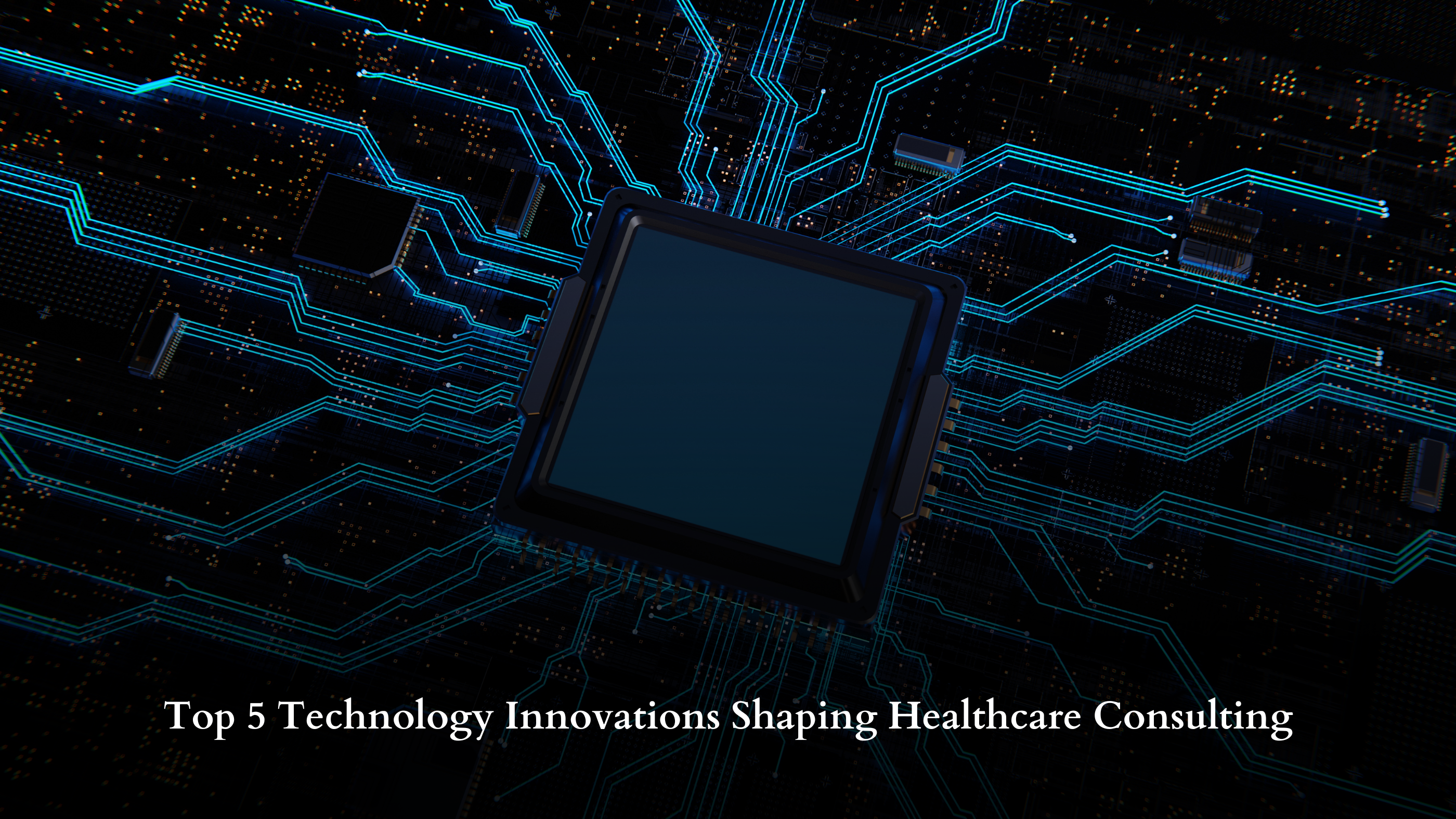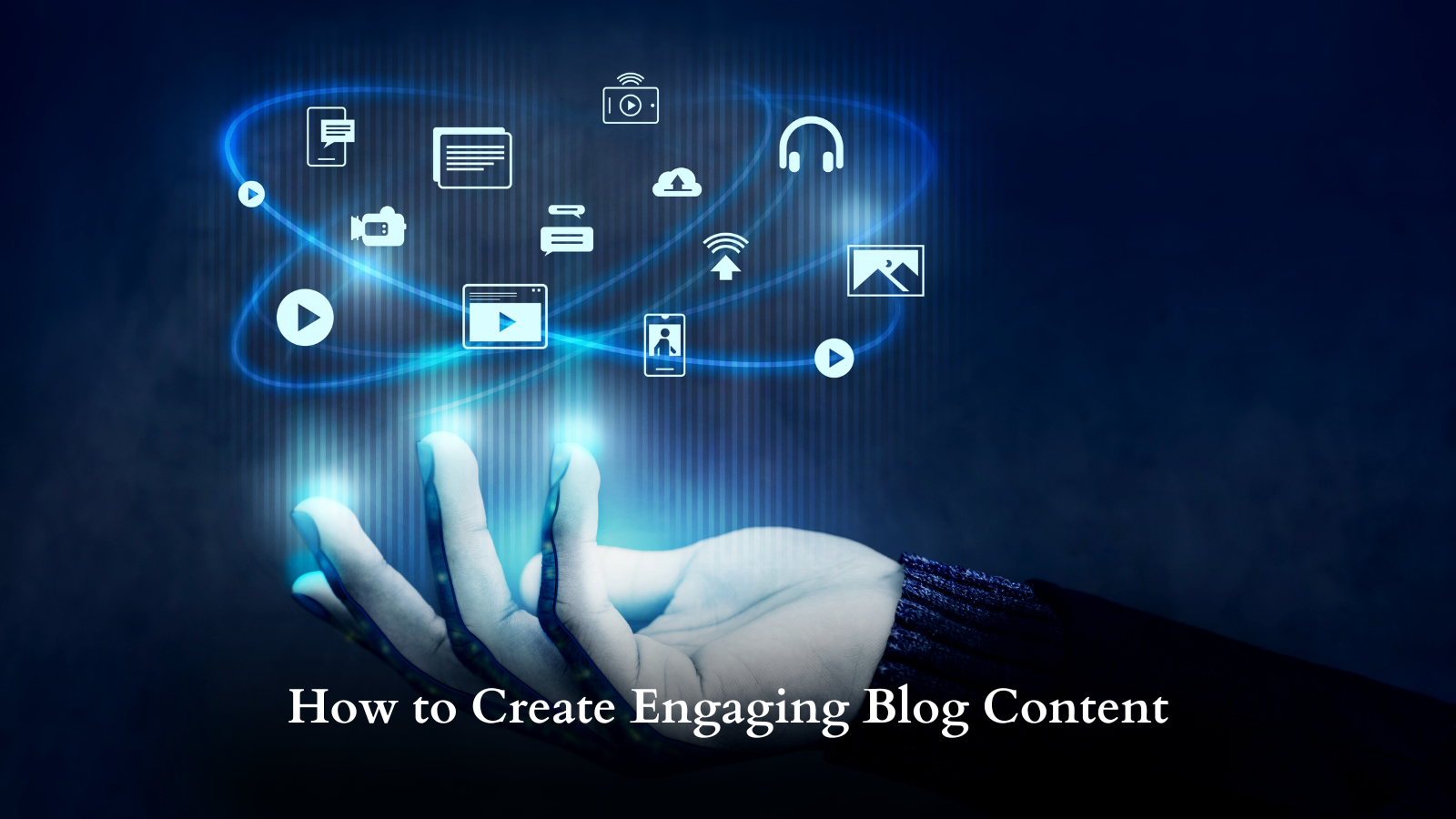
Healthcare is changing fast, and technology is leading the way. Whether it’s making patient care more accessible or helping healthcare providers work smarter, technology is transforming the industry in ways we couldn’t have imagined just a few years ago. For healthcare consultants, staying on top of these innovations is essential to guide their clients toward better care, improved efficiency, and staying competitive in an increasingly digital world.
In this blog, we’ll explore five major technology trends that are shaking up healthcare consulting and reshaping the way organizations provide care. Let’s dive into how telehealth, artificial intelligence, blockchain, cloud computing, and IoT are revolutionizing healthcare.
1. Telehealth and Remote Patient Monitoring
It’s no secret that telehealth has changed the game in healthcare. It allows doctors and patients to connect remotely, bringing convenience to the forefront of patient care. Patients can now talk to their doctors from home, and consultants have been helping healthcare organizations set up systems to make that happen.
But telehealth is more than just video calls. It’s also about Remote Patient Monitoring (RPM)—devices that track things like heart rate, blood pressure, and glucose levels. Imagine being able to help a patient manage a condition without needing them to visit the clinic. RPM gives doctors access to real-time data and allows them to respond quickly if anything looks off.
Healthcare consultants play a big role here by helping choose the right telehealth platforms, integrating them smoothly, and making sure everything is in line with privacy laws. They also help educate patients and providers to make sure these tools are used effectively, which means better care for patients and more efficiency for healthcare providers.
2. Artificial Intelligence and Predictive Analytics
Artificial Intelligence (AI) is everywhere now, and it’s making a real difference in healthcare. AI helps sift through the mountains of data that healthcare systems produce, turning it into valuable insights. Instead of healthcare teams struggling to make sense of endless spreadsheets, AI can flag potential health risks or even predict upcoming needs.
Take predictive analytics, for example. With AI-driven analytics, hospitals can predict which patients might be at risk for complications or identify patterns that help streamline staffing needs. AI can also assist doctors by analyzing scans and helping identify issues they might otherwise miss.
For consultants, the key is not just recommending AI tools, but making sure these tools fit well into the existing systems and workflows. They also need to ensure that staff are comfortable using AI so that these tools can enhance decision-making, not add confusion. AI isn’t about replacing healthcare workers—it’s about helping them make better, faster decisions.
3. Blockchain for Data Security
Data security is a big deal in healthcare. There’s so much sensitive patient information, and keeping it safe is a top priority. This is where blockchain comes in. You might think of blockchain as being connected to cryptocurrency, but its real strength is in secure data storage.
Blockchain acts like a digital ledger that’s nearly impossible to hack. It allows healthcare providers to store patient information in a way that’s secure yet still accessible to those who need it. This means different healthcare providers can share patient information safely, which improves the quality of care patients receive.
Healthcare consultants help organizations understand how to integrate blockchain into their data management. They make sure it’s compliant with regulations, helps achieve interoperability, and ultimately builds trust with patients. Secure, transparent data handling isn’t just a benefit—it’s becoming a necessity.
4. Cloud Computing and Interoperability
Cloud computing has been a real game-changer for healthcare. It offers a flexible and scalable way to store data and has made sharing information much easier. Instead of patient records being stuck in a single office, cloud solutions let healthcare providers access up-to-date information from anywhere.
For healthcare consultants, moving to the cloud is often the first step towards true interoperability—where all parts of the healthcare system can work together seamlessly. Imagine a scenario where a patient’s primary care doctor, specialist, and lab are all on the same page because they have access to the same cloud-based records. It means fewer mistakes, less repetition, and ultimately better patient outcomes.
Consultants are helping organizations choose the right cloud platforms, migrate data safely, and ensure security measures are in place. The end goal is to help healthcare systems collaborate better and use the data they collect to improve care.
5. Wearable Technology and the Internet of Things (IoT)
Wearable tech has taken off, and healthcare is a big part of that story. Think about the fitness tracker on your wrist—it’s collecting data about your activity levels, sleep patterns, and heart rate. Now, take that concept further with Internet of Things (IoT) devices, and you have a powerful tool for health monitoring.
For healthcare consultants, wearable technology offers an exciting opportunity to help clients connect data from these devices to patient care. When a patient wears a device that can share real-time health data with their healthcare provider, doctors can make better, more informed decisions. It’s about moving from reactive care to proactive, personalized care.
Wearables aren’t just for patients—they’re also for the healthcare environment itself. Think about smart hospital rooms that adjust lighting and temperature automatically for patient comfort or sensors that track patient movement to prevent falls. Consultants help ensure all these devices work together smoothly and the data flows where it’s needed without getting lost.
The Future of Healthcare Consulting
Technology is changing healthcare in ways that make it more efficient, personalized, and effective. For healthcare consultants, staying on top of these innovations is key to helping clients make the best decisions for their organizations. Whether it’s integrating telehealth solutions, using AI for better decision-making, securing data with blockchain, improving collaboration with cloud solutions, or utilizing wearable tech, these innovations are the future of healthcare.
Healthcare consulting isn’t just about improving business operations anymore—it’s about guiding providers through the tech transformations that make better care possible. By embracing these five technologies, healthcare consultants can ensure that their clients not only keep up with industry changes but lead the way in delivering the kind of healthcare that’s truly designed for the 21st century.
The future of healthcare is about connection—connecting patients with care, connecting data points for better decisions, and connecting different parts of the healthcare system to work together better. Consultants who focus on these connections, and the technology that makes them possible, will play a huge role in shaping the future of healthcare.
Recent blog posts
Subscribe to get Notified
Subscribe to learn about new product features, the latest in technology, solutions, and updates.


